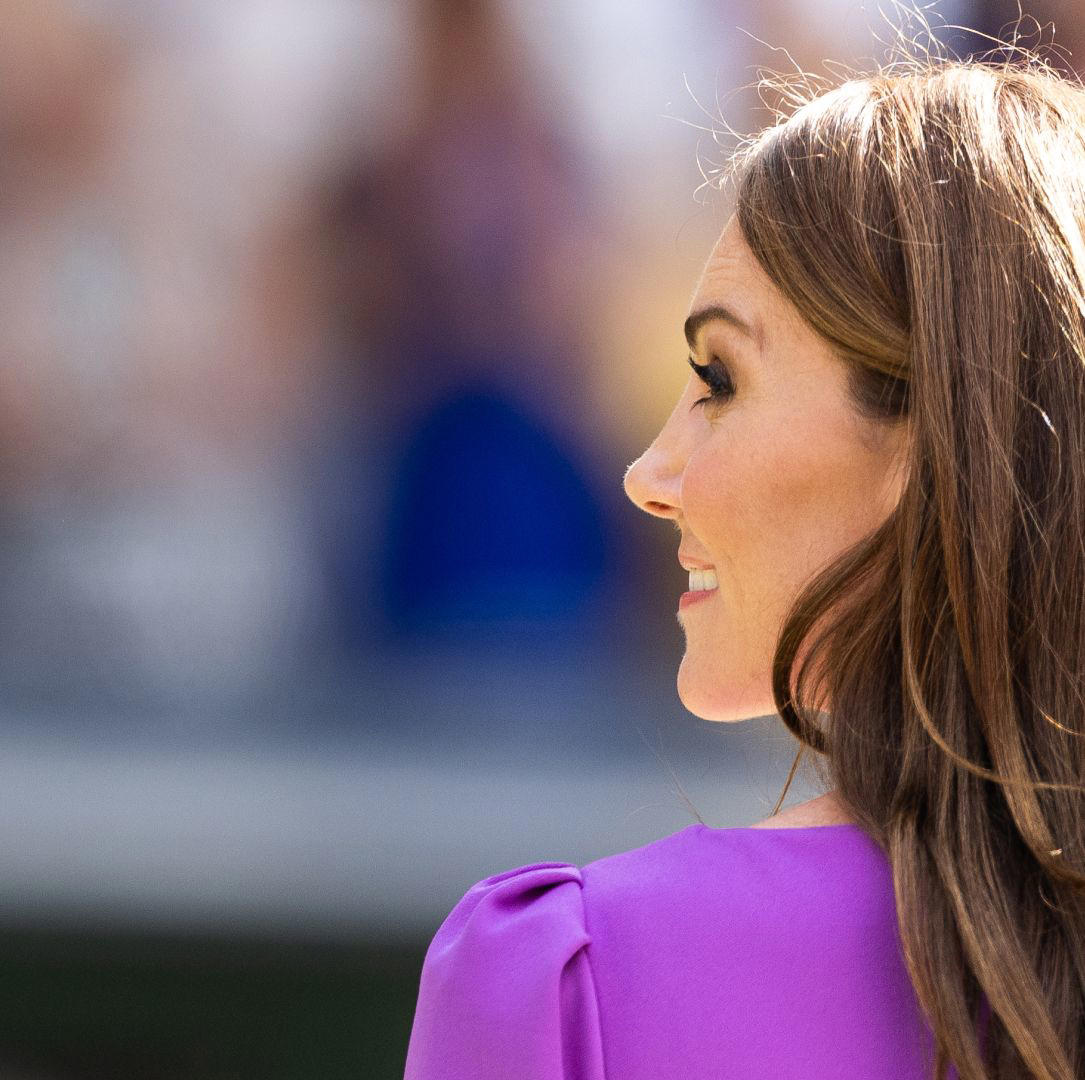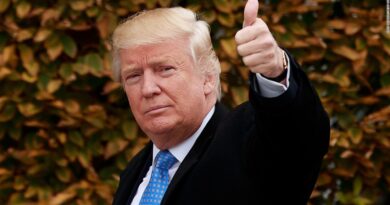U.K. Government Sanctions Russian Groups Behind Kate Middleton Conspiracy Theories

The U.K. government is hitting back at Russian groups authorities allege are responsible for the online conspiracy theories surrounding Kate Middleton’s cancer diagnosis and treatment.
On Monday, Oct. 28, the U.K. government released a press release announcing sanctions against three Russian agencies and three senior figures for their role in disseminating conspiracy theories and lies about the Princess of Wales and her cancer diagnosis and treatment.
“Today’s sanctions send a clear message: we will not tolerate your lies and interference, and we are coming after you,” the government said in the same press release. “Putin’s desperate attempts to divide us will fail. We will constrain the Kremlin, and stand with Ukraine for as long as it takes.”
Back in March, Martin Innes—director of the Security, Crime and Intelligence Innovation Institute at Cardiff University in Wales—told both NBC News and The New York Times that his team uncovered at least 45 online accounts affiliated with Doppelgänger, a Russian disinformation operation, had posted conspiracy theories and calls for more transparency from Kensington Palace regarding Middleton, her health, and her whereabouts.
“It’s not as though these Russia-linked accounts were driving the story; they were jumping on it,” Innes told NBC News at the time. “It was already being framed in conspiracy terms, so foreign actors don’t need to set that frame—that’s already there to exploit.”
After the royal family announced that both King Charles and Princess Kate were hospitalized in early 2024, conspiracy theories surrounding the Princess of Wales dominated the internet.
Absent from the public eye following her abdominal surgery, theories about the princess started circulating the internet, including everything from the claim that the Princess of Wales was actually filming some reality TV show, dating Pete Davidson, had “Freaky Friday-ed” with the King, and had been found in an internet-famous house.
According to Innes—and now the U.K. government—the Russian disinformation campaign was and is “about destabilization” in the wake of the country’s ongoing war in Ukraine.
“It’s about undermining trust in institutions: government, monarchy, media—everything,” Innes told NBC in the same interview. “These kinds of stories are ideal vehicles by which they do that.”
In a previous interview with Marie Claire, Karen Douglas, a professor of social psychology at the University of Kent in the U.K., said that “the situation” surrounding Kate Middleton, her hospitalization and her cancer diagnosis was the “perfect storm for conspiracy theories.”
“A famous person who seems to have gone missing creating uncertainty and the feeling that something terrible has happened…(People) clearly (thought) that something isn’t right and the truth (was) being hidden from them,” she said at the time.


